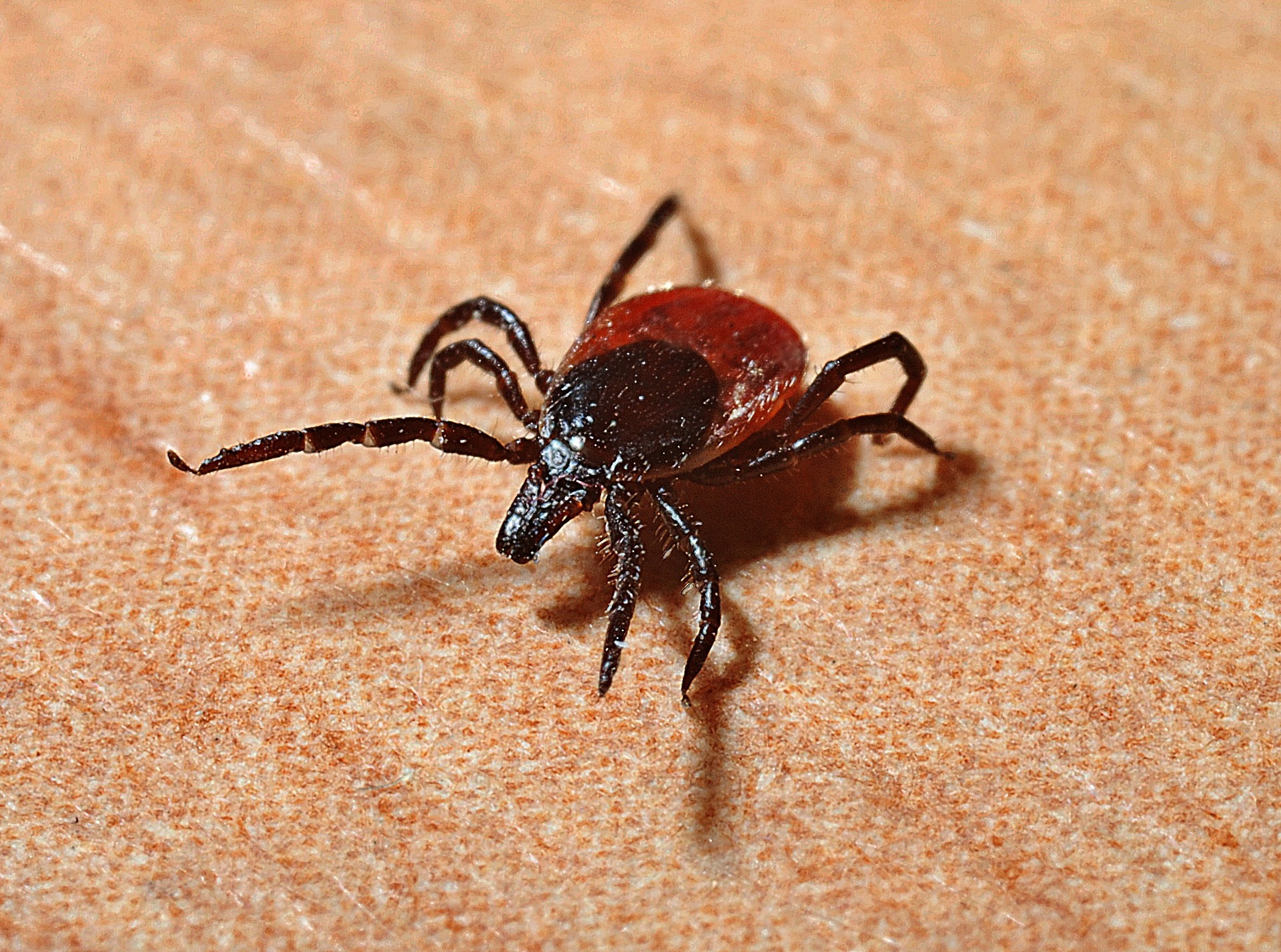FAIRFIELD – Residents are being urged to take precautions following the discovery that Asian longhorned ticks have become well-established in the area.
The Town of Fairfield announced on Tuesday, June 21, that researchers at Western Connecticut State University’s Tickborne Disease Prevention Laboratory had discovered a week earlier that the ticks were found on a resident’s dog.
The Western Connecticut State University conducted sampling on Monday, June 20th, in the overflow grass parking areas of Penfield Beach and other areas at Jennings Beach and found a significant amount of ticks, officials said.
According to officials, this indicates the ticks are now well-established in the Fairfield Beach area.
While the ticks are known to spread disease outside of the United States, they are not known to do so in the US at this time.
Town officials said that the ticks could be a concern to livestock, and that they could become a threat to diseases in the US at some point in the future. The town is using the WCSU research team to develop strategies to reduce the risk of ticks attaching to people and pets and has already begun removing plants from sidewalks and walking areas to reduce the risk.
The health department is urging people to take precautions to prevent tick bites. The Centers for Disease Control and Prevention share strategies to prevent tick bites here.
City officials say that anyone that finds a tick on their body should carefully remove the tick with tweezers, and try to keep the entire body intact. The tick should then be put into a Ziploc bag and brought to the Fairfield Health Department so staff can determine the species of tick and where it came from.

